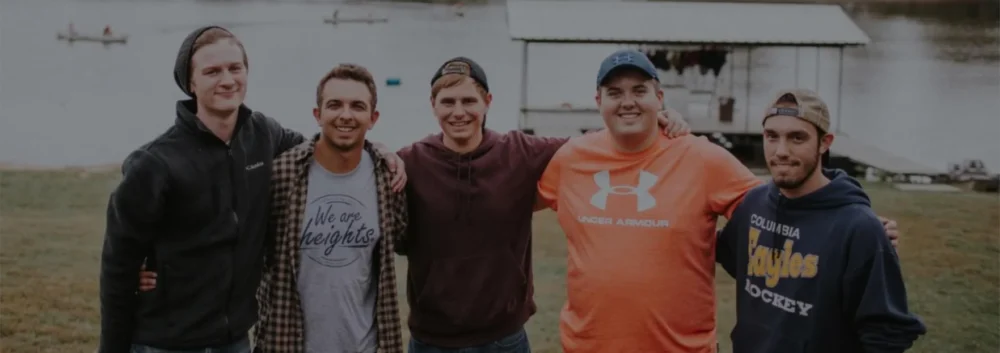
Alcohol.org is a subsidiary of American Addiction Centers (AAC), a nationwide provider of addiction treatment. In these intervention models, the intervention specialist will introduce him- or herself after the person arrives and explain the situation. Then, friends and family members will take turns reading prepared statements about their concerns, the impact their loved one’s addiction issues have had on them, and their hopes for the person to get help. The intervention specialist will help facilitate the conversation, ensuring that everyone remains calm and on-topic. After an intervention, family members and friends follow through with their promises, such as not enabling their loved one’s drinking problem by financially supporting them.
Arranging an Alcohol Intervention With Family
- We’ll also discuss common treatment options available to individuals to help them overcome their alcohol use disorder.
- Additionally, it is often recommended to conduct an intervention in the presence of a counselor or specialist if your loved one has a history of extreme mood swings or violence.
- At the conclusion of an intervention, the person is often offered an opportunity to seek treatment for alcohol misuse.
- This will depend on the severity of their addiction and other personal circumstances.
Once the concerns have been voiced, present concrete steps for seeking treatment. Research appropriate treatment facilities and programs beforehand so you can provide options to your loved one. Assure them that they have your support and that seeking help is a positive and courageous first step towards recovery. The Recovery Village Atlanta offers comprehensive addiction treatment for drug and alcohol addictions and co-occurring mental health alcoholism conditions. The person might accept the need for treatment and agree to get help or deny the problem and refuse treatment.

Step 4. Rehearse the Alcohol Intervention

When you feel as though an intervention is necessary, the user may already be in such a cycle with their addiction that they will be unwilling to cooperate. You need to verbally and calmly let them know why they are hurting everyone, and make the information critical. It’s not uncommon for someone to dart out of the room when they feel ganged up on; get the crucial bits out in the open first and foremost. One key tactic that works more often than it fails, is delivering an ultimatum. Each member of the loved one’s inner circle that is present should present an ultimatum to the user, pushing them towards seeking help in lieu of losing everyone and everything they care about. When you plan out the intervention, your words need to be very carefully selected.
- He said it is important for clinicians not to be discouraged when that happens, and that these are opportunities to show patients how doing something about their drinking is in their best long term interest.
- If someone you care about is struggling with alcohol use, don’t wait to get help.
- The goal is usually to have the individual enter a form of treatment that has been previously decided at the planning stage.
Featured Programs

She has spent the past 5 years specializing in the treatment of opioid and alcohol use disorders. Calls to any general helpline will be answered or returned by one of the treatment providers listed, each of which is a paid advertiser. It is important to start by expressing love https://ecosoberhouse.com/ and concern, and to be honest and specific. Members of the group should describe specific behaviors that have negatively affected them. Examples might include missed family events, impaired driving, or missed work.

How to Plan an Intervention for Alcoholism

In some cases, this may be one meeting in which a loved one is confronted and how to do an intervention for an alcoholic urged to seek treatment. In other families, an intervention may involve multiple team meetings. What is important is that you have a plan in place and that you stick to this plan during your intervention.
- Keep in mind that strong emotions are part of your loved one’s addiction.
- An intervention gives your loved one a chance to make changes before things get even worse.
- It’s not uncommon for someone to dart out of the room when they feel ganged up on; get the crucial bits out in the open first and foremost.
- While professional help is not required for an intervention to take place, it’s helpful to have a moderator that can keep the conversation on track.
- Hiring an alcohol intervention specialist can take some pressure off you and give you peace of mind while avoiding common pitfalls.
- Someone you love is struggling with alcohol addiction, and you’re terrified that this problem is going to result in serious consequences.

